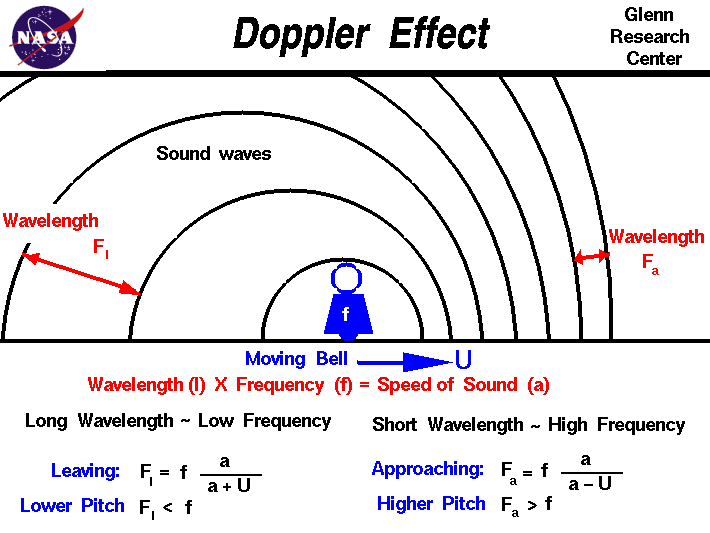If You Remember Someone, Do You Love Them? Being a Keeper of Memory in the Arts Versus Real Life.
In a world of situationships and detachment, is it uncool to be a keeper of memory?
In mid-September, an acquaintance of an acquaintance asked me when I’d last had a hamburger, the question casual but not rhetorical. I felt awkward, stuttered, gave a vague answer about a cookout over the summer.
The truth was August 17th. Hudson Yards. But I was worried. What would exactness imply? Does memory, that specific recall, connotate pleasure or obsession? It was a good burger. Nothing more. And so, I was worried that the specificity of my memory would give it too much credence. Instead, I stumbled in falsehoods to create a different account, one that felt truer by being less intentional.
I’m often told I have a good memory. I think, rather, that as a writer, I have simply learned to pay attention to things. It’s hard sometimes, remembering, because paying too much attention isn’t necessarily a good thing, at least in my personal life.
Professionally, it is usually ok. I worked in government for nearly a decade and the recall was helpful, especially when working with elected officials who expect everyone to remember them. But in the real world, when it comes to dating or anything else that requires a façade of detachment, it’s hard to admit what you remember. Yes, I remember what you wore when I first saw you. Yes, I remember your favorite book. Yes, I remember how you organized your pantry last time and what’s new (and gone) now, and I wonder if someone else has cooked with you.
Is my memory of someone else exposure or concealment? Does cataloging their life make me a good listener or is it a way to escape from my own life and avoid being seen?
When I think of memory lately, I think of the Doppler effect, which is related to sound, specifically, "the change in frequency that you hear when a source and an observer are moving with respect to each other."
(Interestingly enough, I got into this through listening to Jason Padgett, whose perception of the world, and then his entire life, changed after a head injury.)
But for me, a poet and not a scientist, what has been most interesting about this is how I think that principle applies to memory and writing, and how perceptions change based on who is telling the story.
My sensations of memory often overlap and memory feels not like sound waves but like waves at the beach, memory not an echo—not this reverberation—but a constant lapping that sways. So big I’m drowning sometimes, trying to swim sideways against the tide, this all-encompassing rip current of thought, intent on destruction—siphoning my body as I wait for reality like listening to a seagull’s call to orient me. I am here. Gasping, maybe. But also there. Submerged by the past that I may solely keep.
It can be difficult to feel like you’re the only one who is nostalgic about something or the only one who remembers at all. In the past, I've struggled in relationships where someone has no recollection of something we did together or discussed. Were you even there?
But it is my perception of memory that makes things feel louder to me. Art is one way to process that, but does my voice become truest based on me being the one speaking? That comes with responsibility and sometimes guilt.
Writing, though, is the one place where I always feel grateful for my memory.
I admire writers who can operate entirely from imagination. While I don’t think writing always needs to have a foundation in truth, (and many times, it is most interesting when it doesn’t have to be bound to that reality) I often write—and nearly always at least start—from a place of memory. This is true especially in poetry, though the art of fiction allows much more latitude for pure imagination.
The act of remembering allows me to create.
I don’t think I have synesthesia, though others have asked me that throughout my life. I do taste memory with a swallow sometimes. I can see faces with a gulp. But who am I to you? I think often. What do you remember? I remember strangers who will never think of me again, like the man I met at a music festival in Northern Michigan in 2009, referenced in the top photo. How light and free we felt under the sun. Sometimes I remember every word of a (seemingly?) meaningless conversation with someone that I wonder if, by the sheer act of remembering, it has become significant. How familiar can I be to someone? What have they retained? My interactions usually are based on their perceptions. (I never know if someone has actually remembered me or if I just remember them and feel compelled to act accordingly, not overly friendly to a stranger who I was meaningless to.)
Of course, what can be alienating in real life is usually sought after in the arts.
Often, I think it’s memory that people are drawn to in general. So much of Taylor Swift’s appeal to so many, in my opinion, is her ability to remember things. While I’m not a true Swiftie, I have to admit she is able to capture exact feelings through her memory and retelling. She remembers that exact moment of heartache, what it feels like to be heartbroken at 15, 21, or later. Through her memory, we, too, remember.
But my memory is definitely not perfect, even though I try to pay attention to things. I worry about getting things wrong. If I have a conversation in a loud place or at night or even when I’m distracted, I may not be listening fully. If I’m not listening, then I can’t remember. I feel shame if I forget or misremember something, feeling like I’ve let someone down.
Another worry is whether or not my recollection is truest, since usually I remember the emotion I felt alongside an action, rather than just the action. But then again—truest, what does that even mean? Do we have a responsibility to recall only our perspective or, as writers, should we also try to tell the story of others’ recall?
When I wrote my poetry chapbook Mother of 0, I detailed my perception of things. Someone asked my mother if she liked it and she said wryly, “I liked it the first two times I read it. Should I read it a third and see if it changes?”
It can be hard to write about our own histories, but I feel such satisfaction to feel that I’ve portrayed something in its truest way. Of course, everyone’s truest recollection varies.
There’s a famous quote about siblings never having the same parents. Ultimately, our memory is our own, interwoven with my feelings about my recollections of moments.
Both of my parents have good memories. My mother and her sisters recite poetry in unison at holidays from a childhood anthology they had over fifty years ago. But she always cautioned me against being too similar to my father’s side, saying not to hold grudges like she perceived him to, my Italian side blamed for every slight that penetrates me, each unkind or casual thought feeling like a knife.
What’s scary is how fast things can change. One family member I saw recently has started repeating themself. Is this life’s cruel equalizer? Remembering it all, years feeling like yesterday—then falsehoods. Then nothing.
My grandma, when the dementia hit, told us inside a restaurant shaped like a train that she had some strange items in her bag. One of my siblings laughed in that open-mouth way, good-natured, everything a joke. Sadly, in that moment, she had no idea where she was or what was happening, but we didn’t realize that for a few more years. Yes, she held grudges throughout her life—slights not mountains but islands, separating her from loved ones at times. She remembered everything. It must have been hard not to be angry when it felt like every fight, even one decades ago, happened a mere ten minutes before. Sadly, things were always a little awkward between us because at four, I shifted in my seat, pushing her away so she moved to another table. You don’t want me! she shouted. To this day, I wonder, who else have I pushed away through unintentional movement?
I see some uncomfortable similarities, though I try to learn from them. I live with the fear that my recollections may one day change, like it has for some in my family. It feels cruel that someone can remember things so well, to the point where grudges are common, and then have everything stripped from them. I used to never write about my personal life, but ever since the pandemic highlighted the ephemerality of things, I feel more compelled to record more of what is happening.
To me, since memory isn't just like sound waves, but real waves lapping in and out of truth, all I can do is try to make sense of it as a writer, and as a person, too.
Thanks for reading! You can see more of my work here.







I loved this. Also, I’m married to an Italian woman (Sicilian to be exact) with an astounding memory. So you can’t imagine the number of slights I commit and am reminded of on a daily basis 😂
What happens when our memories are filled with not actual events or interactions, but with attempts at capturing "perfect memories" to share on social media...?
Sorry for the meta question. Haha. You write that you usually stay away from your personal life and observations in writing. I hope this is the beginning of changing that. Very much enjoyed this piece and will continue to think about it for a while.